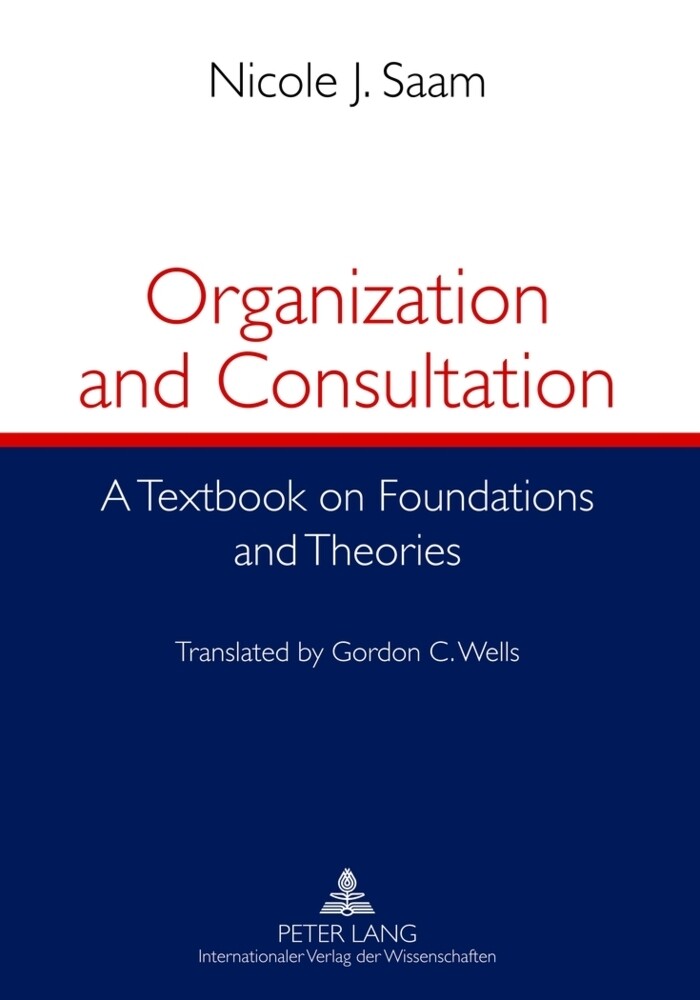
Zustellung: Fr, 25.07. - Mo, 28.07.
Versand in 4 Tagen
VersandkostenfreiBestellen & in Filiale abholen:
This broad, balanced introduction to studies devoted to organizational consultation enables the reader to compare and contrast different approaches to the study of professional consulting services. Organizational consultation is a type of interaction between two organizations: client and consultant. The interaction of client and consultant is described and explained from the point of view of nine different theoretical perspectives: symbolic interactionism (Mead, Blumer, Turner), Weberian organizational theory, new institutional economics (Jensen, Meckling, Williamson), dramaturgical sociology (Goffmann), micropolitical approaches (Crozier, Friedberg), functionalism (Parsons), systems theory (Luhmann), neo-institutionalism (Meyer), and postmodernism (Foucault, Derrida, Lyotard). These represent the major theoretical approaches from sociology, economics, and organization sciences.
Inhaltsverzeichnis
Contents: Consultation Practice as an Interpretive Process of Mutual Role Formation Rational Action in an Environment of Asymmetrical Information Staging of Impression Management Consultant s Participation in an Innovation Game Agency for other Actors and for Principles Deconstruction of Language Games.
Produktdetails
Erscheinungsdatum
05. März 2012
Sprache
englisch
Seitenanzahl
247
Autor/Autorin
Nicole Saam
Verlag/Hersteller
Produktart
kartoniert
Gewicht
340 g
Größe (L/B/H)
14/148/210 mm
ISBN
9783631636190
Entdecken Sie mehr
Bewertungen
0 Bewertungen
Es wurden noch keine Bewertungen abgegeben. Schreiben Sie die erste Bewertung zu "Organization and Consultation" und helfen Sie damit anderen bei der Kaufentscheidung.









